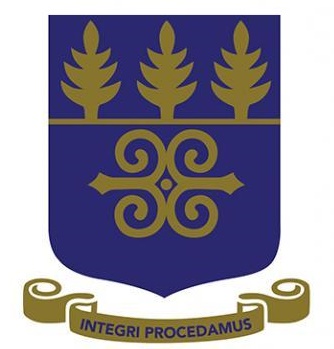LNGS 314 3 Credit Hours
DISCOURSE ANALYSIS
This information is for second semester 2017/2018 academic year
Teacher responsible
Dr. Evershed K. Amuzu
Availability
This course is available open to all visiting students but only as a second semester course.
Course Content
The course introduces students to a field of language studies that stresses the need to see language as a dynamic, social, interactive phenomenon – whether between speaker and listener, or writer and reader. It is argued that meaning is conveyed not by single sentences but by more complex exchanges in which the participants’ beliefs and expectations, the knowledge they share about each other and about the world, and the situation in which they interact, play a crucial part.
Teaching
TUES. 11.30AM – 1.30PM
The course will be delivered mainly through lectures and power point presentations. Lectures will be interactive to engage students in order to achieve maximum students’ participation as possible.
Formative Coursework
Class attendance will be taken seriously. A student who misses more than three lectures is in damage of being disqualified from writing the final Examination.
Individual assignments/quizzes will count towards final grading
Participation and actual contribution in group projects and seminars will earn you grades that count towards final grading
Indicative reading
Angermuller, J., Maingueau D. and Wodak R (2014). The Discourse Studies
Reader: Main Currents in Theory and Analysis. Amsterdam: John Benjamins Publishing Company.
Brown, Gillian and Yule, George. (1983). Discourse Analysis. Cambridge: CUP.
Cutting, Joan (2002). Pragmatics and Discourse: A resource book for students. London: Routledge.
Fairclough, I. and Fairclough, N. (2012). Political discourse analysis: A method for Advanced Students. London: Routledge.
Gee, J.P. (2010). An Introduction to Discourse Analysis: Theory and
Method. 3rd Edition. London: Routledge.
Johnstone, Barbara. (2002). Discourse Analysis. Oxford: Blackwell.
McCarthy, Michael (1991). Discourse Analysis for Teachers. Cambridge: CUP.
Schiffrin, Deborah (1994). Approaches to Discourse. Oxford: Blackwell.
Paltridge, Brian (2006). Discourse Analysis. London: Continuum.
van Leeuwen, T. A. (2008). Discourse and practice: New Tools for critical discourse analysis. New York: Oxford University Press.
Wodak, R. and Meyer, M. (2009). Methods of critical discourse analysis, 2nd Ed. Sage, London.
COURSE GRADING AND EVALUATION
The final grade will be based on 30% continuous assessment (made up of one mid-semester examination and assignments) and a final examination (70%). You must attend all lectures and tutorials, participate in class discussions, do all assignments and do the assigned readings before each class. There will also be unannounced snap tests to check attendance and gauge students’ performance.
Grading Scale:
Grade Numerical Marks %
A 80-100
B+ 75-79
B 70-74
C+ 65-69
C 60-64
D+ 55-59
D 50-54
E 45-49
F 0-44

